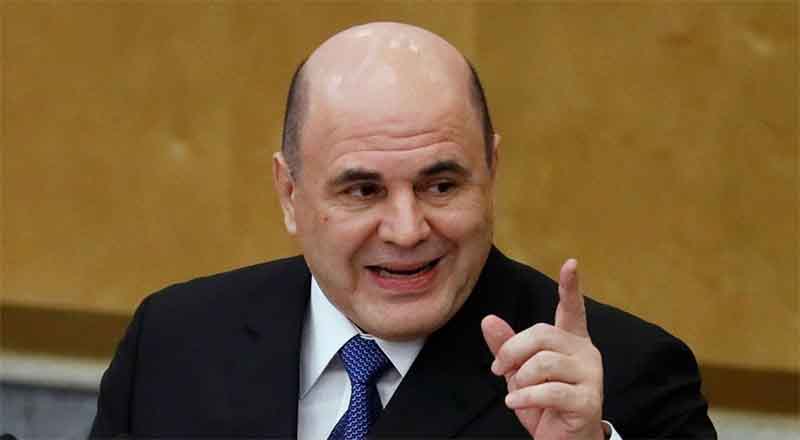Mikhail Mishustin was relatively unknown internationally before being appointed prime minister of Russia by President Vladimir Putin on Wednesday.
The appointment came as the government resigned following Putin’s speech on constitutional reforms.
Many experts said the governmental changes were in preparation for Putin’s future role in Russia after his term as president expires in 2024.
But it is unclear what the future holds for the new prime minister who since being appointed has been both hailed as a successful career bureaucrat and accused of corruption.
Born on March 3, 1966, Mikhail Mishustin started out as an engineer but eventually received a doctoral degree on Russian taxation. He started out work at an information technology non-profit but entered the state tax service as an assistant in 1998.
Mishustin has been the head of Russia’s Federal Tax Service since 2010 and is largely viewed as having modernized government tax collection.
“Few people love tax specialists, but Mishustin managed to maintain a pretty decent reputation,” said political scientist and professor at the Higher School of Economics Alexey Makarkin.
He has been viewed as responsible for modernising a service “known as an archaic structure inherited from the Soviet Union”.
One of his achievements was the introduction of an automated system for monitoring the payment of value-added tax (VAT) in 2015.
Tax collection increased 13% annually due to the change, according to the parliamentary Accounts Chamber. But fraud has also increased.
The head of the Norwegian tax service, Hans Christian Holte, said that the Russian Federation along with Singapore and Finland were world leaders in the digital transformation of taxes. The head of the tax service of South Korea, Han Seung-hee, called Russia’s tax service “the most technologically advanced”.
But not everyone is optimistic about Mishustin’s appointment and critics say they have already uncovered evidence of corruption.
Alexei Navalny and his team said that they had discovered Mishustin’s wife earned 800 million rubles “from a ‘business’ that no one knows about,” the activist and opposition politician tweeted.
Another Russian media site, Project, raised questions about hidden registration information on his lavish property.
Political expert Ivan Preobrazhenskiy said the government’s resignation was likely “timed to coincide” with constitutional reforms in order “to shift society’s attention” from the changes occurring.
Mishustin is “90% likely to be a technical prime minister who will have no political ambitions of his own,” Preobrazhenskiy said.
But there could be “groups of influence” that gradually turn him from a “technical person into a full political figure”.
Meanwhile, Makarkin says Mishustin’s success will be judged on what economic growth the government will be able to deliver before parliamentary elections in 2021 and presidential elections in 2024.
“The population assesses not the figures, but what their wages are, what prices are in the shops,” he said. And in both areas, “they do not feel any positive changes.”





